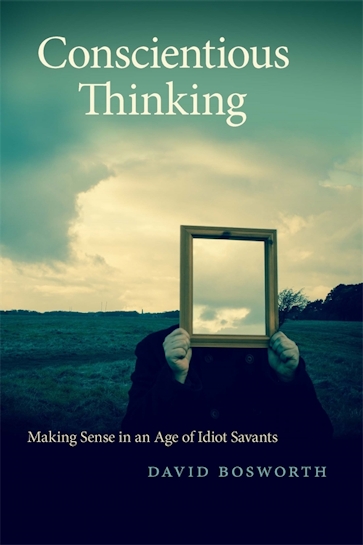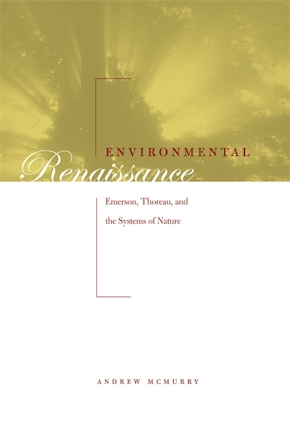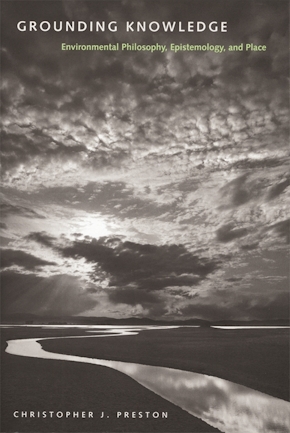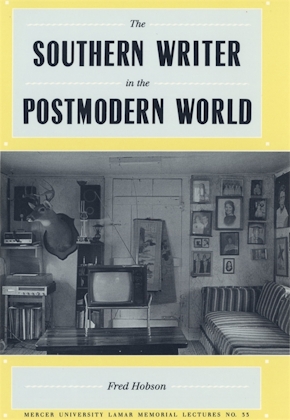In Conscientious Thinking, David Bosworth cuts through all the noise of today’s political dysfunction and cultural wars to sound the deeper causes of our discontent. Americans are living, he argues, in a profoundly transitional era, one in which the commonsense beliefs of the first truly modern society are being undermined by the still crude but irreversible forces set loose by technology’s drastic revision of our everyday lives. He shows how this disruptive conflict between modern and post-modern modes of reasoning can be found in all advanced fields, including art, medicine, and science, and then traces its impact on our daily actions through such changes as the ways in which friends relate, money is made, crimes are committed, and mates are chosen.
Just as feudal values had to give way to a modern worldview that more effectively contained the new social reality generated by the printed book, so must our democracy reimagine itself in ways that can domesticate—civilize rather than merely “monetize”—a post-modern scene radically transformed by our digital machines. To that end, Conscientious Thinking supplies not only the means to make sense of our contentious times but also a provisional sketch of what a desirable post-modern America might look like.
David Bosworth’s
Conscientious Thinking is the most exhilarating cultural critique I have read in a very long time. Bosworth develops his idea of the Idiot Savant into a delightfully frightening analysis of how and why our leaders in all fields are smart but seldom wise. Bosworth is one of those rare, erudite thinkers who writes beautiful, shimmering prose. His project is nothing less than to show us the limits of scientific thinking and to suggest how we might re-ethicize science and revitalize it with artistic insights and humanistic concerns.
—Kent Meyers, author of Twisted Tree
David Bosworth is a first-rate cultural critic who brings to vivid life the full range of issues confronting us at the present moment. To read him on what has lately happened in American society is to become suddenly alert to the interpenetration of political, economic, and cultural forces and to the fact that the most important questions we face are not primarily political in nature, however they may seem in a media-saturated age. Though Bosworth operates comfortably within the discourse of the academic left, he is by no means the prisoner of an ideological constituency. In fact he writes with extraordinary grace and lucidity and calls to mind the work of earlier practitioners like Christopher Lasch, Jacques Ellul, and David Riesman, each of them notable for their cogency and for combining a devotion to understanding the past with a passion for confronting the present.
—Robert Boyers, Editor, Salmagundi
Conscientious Thinking extends and deepens the important criticism undertaken in
The Demise of Virtue in Virtual America. Together these books firmly establish David Bosworth as one of our most insightful social critics. The analysis provided here is both timely and necessary. Not only does it appear on the heels of the manifest failures wrought by a highly rationalized economic orthodoxy; it also walks straight into the farce of our current political dysfunction. And the speech it delivers is crucial to the action playing out before us. Bosworth’s critique of specialization and the dangers of its obfuscating language is as good as any I have encountered. In prose at once elegant and precise—and oftentimes amusing—he tells us that we are paying a very high price for our willingness to be wowed by clever fools. It is our good luck that Bosworth doesn’t suffer them gladly. This book is a real contribution; it is a helpful advisor and a kindly guide in confused times.
—Jason Peters, editor of Wendell Berry: Life and Work
Refusing to divorce questions of ethics from those of economics and aesthetics, Bosworth models a fearless and passionate transcendentalism for the twenty-first century.
Conscientious Thinking is an intellectual tonic, keen and bracing, that yokes the arts and sciences as few books have done.
—Anne Goldman, author of Continental Divides: Revisioning American Literature
David Bosworth has a scary-smart way of writing pithy-but-gracious paragraphs covering entire arrays of knowledge and facts. His piece on Henry Ford, for example, stuns in part because it catches the deep-seated reasons why so many Americans thought of Ford as a sort of lesser god—reasons that still annoy educated readers who cannot even begin to figure out Fordism, or Ford himself.
—John R. Stilgoe, author of What Is Landscape?
Bosworth's panoramic sweep—from Henry Ford to Andy Warhol to Richard Dawkins—argues for how much intellectual history the essay can contain. Driven by a passionate mind, this work digs through the ruins of what he terms our 'Idiot Savant' cultural moment seeking a path toward 'reintegration of the self with society and nature,' a cry in the wilderness for wisdom.
—Alison Hawthorne Deming, author of Zoologies: On Animals and the Human Spirit
David Bosworth is not only one of the sharpest, most perceptive cultural critics around, he has even come up with a way we might think our way out of the mess we are in. His argument is powerful and worth pondering. No one who cares about the condition of our culture can afford to ignore
Conscientious Thinking.
—Jackson Lears, editor, Raritan



